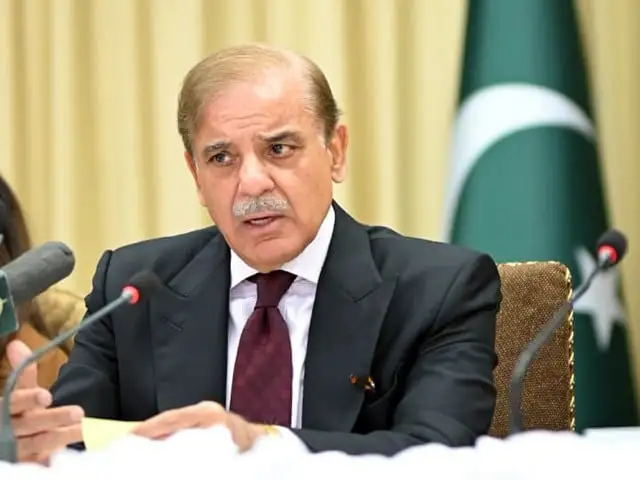300 Pakistani Agriculture Graduates Complete Training in China’s Shaanxi Province Under Govt-Funded Initiative
In a landmark step toward agricultural modernization, Prime Minister Shehbaz Sharif announced the successful completion of practical training by the first batch of 300 Pakistani agricultural graduates in China’s Shaanxi province. This cohort is part of a broader bilateral training initiative between Pakistan and China, aimed at equipping young professionals with cutting-edge skills in modern farming.

A Strategic Step Toward Agricultural Reform
Launched in July 2023, the Pakistan-China Agricultural Vocational Training Programme is designed to send 1,000 Pakistani students to China, fully sponsored by the Government of Pakistan. The initiative is part of Prime Minister Shehbaz Sharif’s broader vision to revamp the agriculture sector, a key component of the country’s economy.
The first group, now back after completing their on-ground training, enrolled during the 2024–25 academic year. As per government plans, future groups will first receive Chinese language training in Pakistan to enhance their learning outcomes abroad.
What the Training Entailed
The training, held at North West Agriculture and Forestry University and Yangling Vocational and Technical College, focused on a range of essential disciplines, including:
-
Precision irrigation techniques
-
Advanced seed technology
-
Sustainable livestock management
-
Post-harvest loss mitigation
-
Boosting agricultural productivity through innovation
These areas are crucial for Pakistan’s agrarian economy, which contributes approximately 23% to the national GDP and provides employment to nearly 40% of the population.
Prime Minister’s Remarks
Taking to X (formerly Twitter), Prime Minister Shehbaz Sharif expressed pride in the achievements of the graduates, stating:
“Our young professionals are the future of Pakistan’s agriculture sector. The knowledge and skills gained from China will be instrumental in transforming outdated farming practices.”
He extended heartfelt appreciation to the Chinese government, Shaanxi provincial authorities, and the partner institutions involved in the program. The formidable contribution of the Ministry of National Food Security of Pakistan, the Higher Education Commission (HEC) and the Pakistani Embassy in Beijing were also recognized by him.

China’s Warm Response
The Chinese Embassy in Islamabad also shared a congratulatory message via social media, lauding the students’ accomplishments and reiterating China’s ongoing support for Pakistan’s development. The embassy noted that such educational partnerships will deepen bilateral cooperation in the agricultural sector, contributing to sustainable food security.
Agricultural Sector Still Faces Challenges
Despite such progressive initiatives, Pakistan’s agriculture sector continues to grapple with systemic issues. According to the Pakistan Economic Survey 2024–25, the sector posted a mere 0.6% growth rate—far below the targeted 2%, and drastically short of the initial forecast of 6.4%.
Key crops suffered significant setbacks:
-
Wheat, maize, and cotton production dropped by 13.5%
-
Forecasted decline was only 4.5%, indicating a much steeper fall than expected
These statistics underscore the urgent need for structural reforms, innovative technologies, and skilled human capital—goals that the Pakistan-China training program directly aims to address.
Long-Term Vision for Agriculture
Modernizing agriculture is a key component in economic recovery and food independece which has been pointed out repeatedly by Prime Minister Shehbaz Sharif due to its strategic significance. His administration views international collaboration, especially with China, as a critical enabler of technology transfer and human development.
Experts agree that initiatives like this training program can significantly reduce Pakistan’s dependence on outdated farming practices, boost yields, and attract international investment in agri-tech and rural development.
Why This Matters
This training program is not just an academic exchange—it’s a policy-backed investment in Pakistan’s future. With a focus on modern techniques and international collaboration, the government aims to build a resilient, high-performing agriculture sector that supports both national food security and economic stability.









